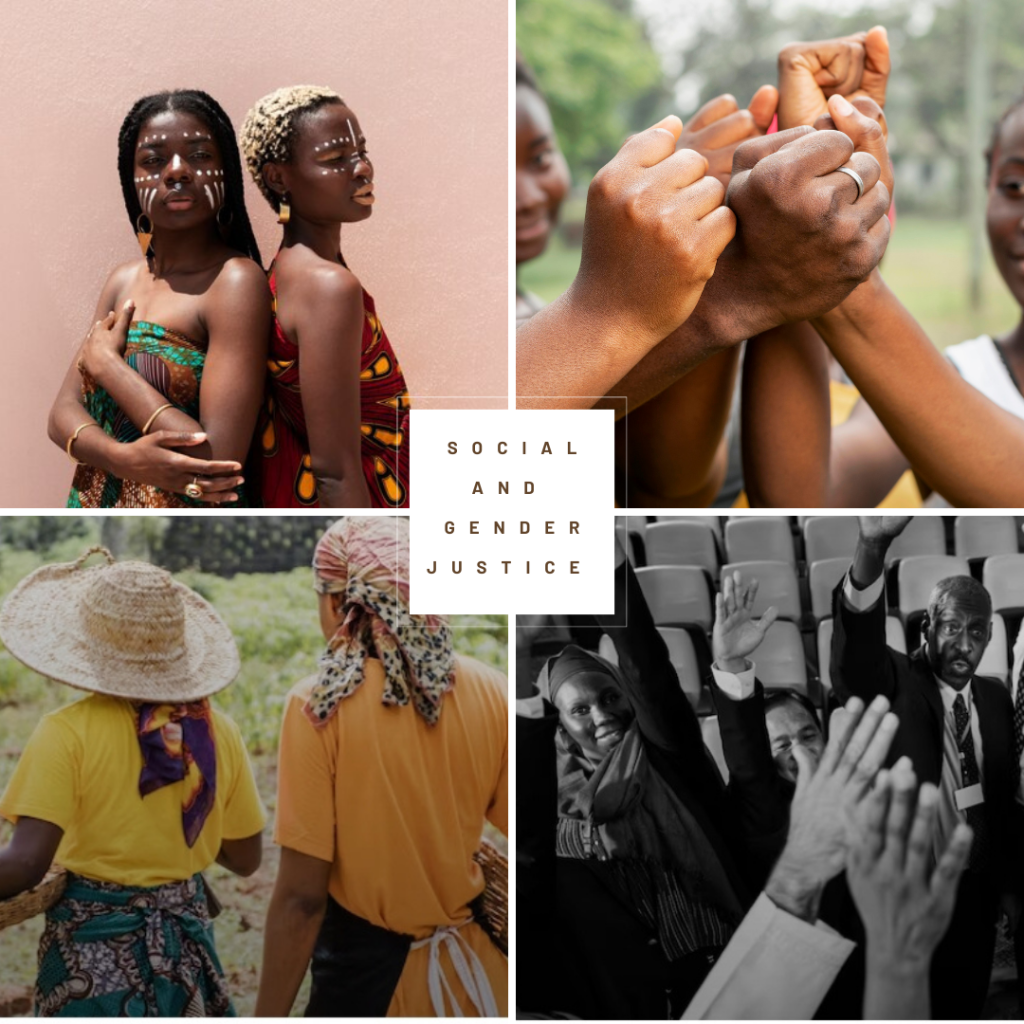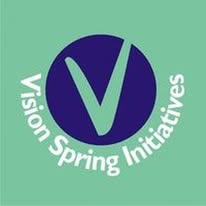AFRICA…….. A continent of remarkable diversity and potential, with over 3,000 ethnic groups speaking more than 2,100 languages. Africans practice a variety of religions which include but are not limited to Christianity, Islam, Judaism, Hinduism, and traditional religions specific to their ethnic group. Africa is also home to complex challenges, including the absence of social and gender justice.
Women and girls in their diversity are essential to a country’s development, yet they face a high level of discrimination and violence. Women suffer the most from gender inequality and marginalization on the continent. Though Africa has made significant progress towards gender equality and women’s empowerment, women in many African countries are still largely affected by social, economic, and political inequalities, making equality and fundamental human rights a dream.
Socially, women face different forms of violence due to gender diversity. Most are often forced into marriages at an early age, according to UNICEF, about 41% of African girls marry before the age of 18. Child marriage often results in an imbalance in schooling, because most of them will leave school, either at a primary or secondary level. Access to quality and inclusive education is vital, as it allows them to evolve in the economic and political sphere.
Women represent about 60% to 80% of the active population in Africa’s agricultural labor input sector. Yet, women remain at a lower hierarchy in this area, even as they work in difficult conditions, they are faced with low incomes, and a lack of empowerment. They are being faced with many obstacles that hinder their participation in the economic sector, and this is mainly due to gender differences.

Women are vastly underrepresented when it comes to political equality, in ministries and other legislative and executive bodies. Women have the right to the same representation and participation as men – not only will these give women more exposure, but they will also make them serve as a source of inspiration to younger women and girls.
To end these inequalities, a change of mindset must be put in place, society as a whole must be fully aware of the importance of valuing women in their diversity and their status. Empowerment of women and girls should be a priority in Africa, as this would help to create more respect for women’s rights and reduce gender inequality. Also, feminist movements should not be overlooked as they have front-lined several peaceful protests held in parts of Africa to fight against sexual and gender-based violence, which has led to the protection of young women and girls’ rights through the creation and establishment of the Maputo Protocol.
In conclusion, achieving social and gender justice in Africa must be embraced by the readiness to place aside our biases, and discriminatory generational beliefs about each gender and embrace everyone in their diversity; allowing Africa to rise as SHE should. This call is not for one, it is for ALL.
AFRICA SHALL RISE AGAIN.
Aanuoluwapo Owoseeni
Vision Spring Initiatives.
